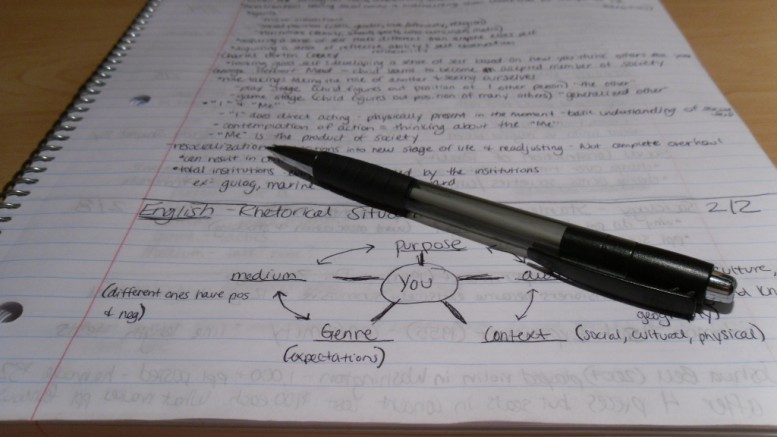Medical writers are often doctors or other healthcare professionals who work with their colleagues or other scientists to write high-quality medical information. Some of them can write documents whose goal is to inform and educate the general public as well as other professionals on health matters and medicine. Others, instead, focus on documents that describe pharmaceutical products use, research results, and the outcomes of a clinical trial. They must ensure that their documents comply with journal, regulatory, or other guidelines in terms of content, and those who write well and qualitatively.
No health professional can, in fact, know about every single field of specialization of all medical sciences, yet they’re often called to write about topics they’re not familiar with. If you are a medical writer who wants to improve his basic skills and learn the trade, here are a bunch of quick and easy tips that will teach you where to check, what to do, and which ones are your profession’s… best friends when you need to check some information.
Pubmed
Pubmed is the first place to look whenever you’re searching for relevant information about medicine. Just a search engine at its core, Pubmed contains all the papers and studies you may ever need. Also, it’s probably the easiest instrument you can access whenever you need a fast citation of a scientific article (provided you know the MLA, APA and/or CMS formatting styles at least). Between Pubmed and Google Scholar, there are really few things you cannot find online in just a few clicks.
The Cochrane Library
A much more advanced tool, the Cochrane Library is a large collection of systematic reviews and meta-analyses of science papers. While you can find tons of case studies and clinical trials about the same topic that provide apparently contradictory results, go for the Cochrane Library. This organization does, in fact, summarize all evidence in one or more articles to help you understand if there’s a general consensus and what’s the official position of the scientific community on that topic.
Medscape
Need news about upcoming trials? Want to know about a new drug before the final results of a research team are officially published on Pubmed? Medscape is what you’re looking for. A real “Medical newspaper”, Medscape is a daily updated source of medical news and conferences coverage that will really help you know what’s going on today around the medical world.
Drugs.com
There are many drugs databases available around the web, but Drugs.com is probably the most complete one available. A real online pharmaceutical encyclopedia, even though it’s based on USA legislation, it still represents a universal source of useful information and guidelines on the professional use of medications and prescriptions of all kind.
Google Books
Need to check an anatomy or physiology book? Want to cite an authoritative reference in your paper? Your client requires deep historical researches about old medical textbooks? Well, look no further: Google Books got all you need. If the prices of some of these books seem to steep, just check if an online e-book version is available at discount value.
The Purdue Owl
Finding all the right sources and papers does not help you very much if you don’t know how to cite them properly, or how to format an essay correctly. The Purdue Owl is just that: a collection of guidelines to learn all you need to know about the American Psychological Association (APA) citation format, the Modern Language Association (MLA) source documentation method, or the Chicago Manual of Style (CMS) formatting standards, together with useful comparison tables and examples.
Article edited and fact checked by our editorial team
